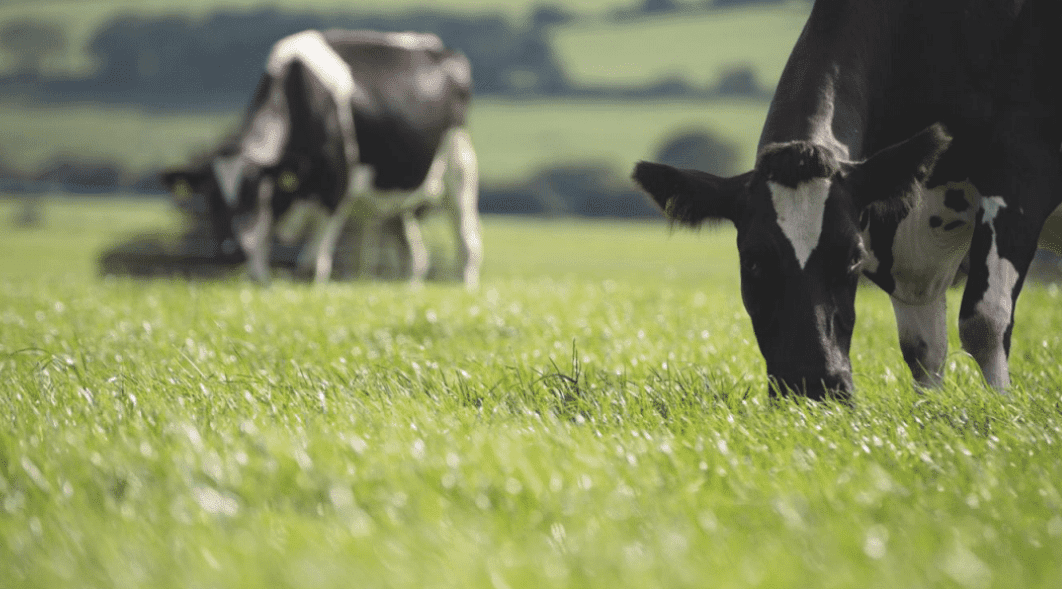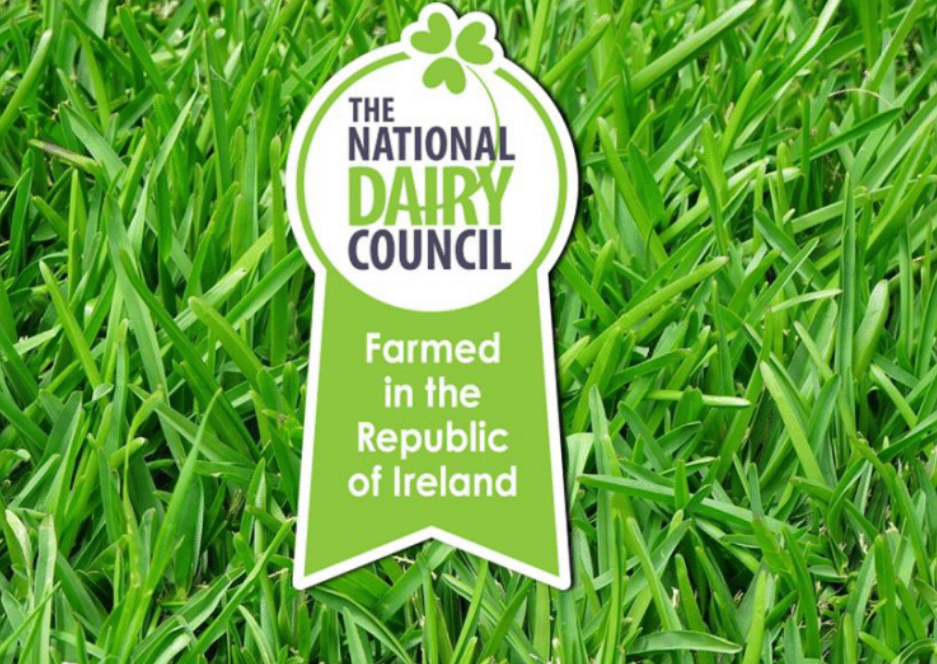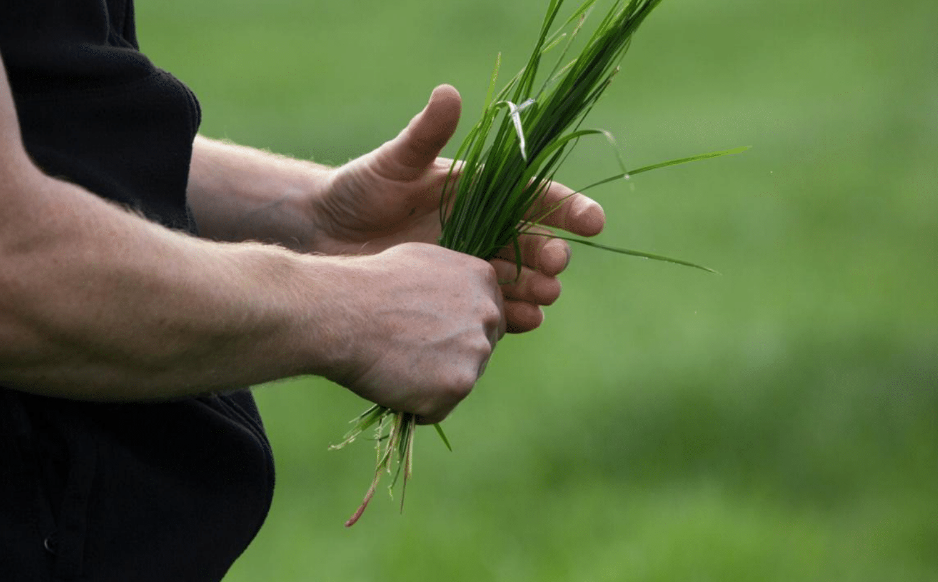The National Dairy Council (NDC) champions the role of quality pasture-based dairy and its nutrition benefits in supporting healthier, more active living.
The private farmer-funded marketing agency works to promote and protect Ireland’s dairy reputation at home and abroad. It believes in a future in which Irish dairy is recognised and trusted as a vital part of people’s diet and general health across the life stages, indispensable to Ireland’s social and economic well-being.
CEO – Zoë Kavanagh – explains why consumers, both at home and abroad, can feel assured that they are getting the best quality possible from Irish dairy products.
“Ireland is revered all over the world for its high-quality dairy produce with the unique taste, which comes from our pasture-based dairy farming,” she said.
“In September 2009, the NDC introduced a packaging mark giving consumers in the Republic of Ireland the reassurance of knowing that if they buy milk or cream – with the NDC Guarantee – it is both farmed and processed locally.
“This guarantee gives consumers the opportunity to show their support for local jobs on dairy farms and in the dairy sector in an active way, when deciding what milk or cream to buy,” she added.
The NDC Guarantee appears on 350 milk and cream products across the country, ranging from brand leaders to private label or own label products. This amounts to hundreds of pack types and sizes across many products.
“Origin and quality are top of the mind for consumers when it comes to food safety and in the context of the heightened awareness of the need to support our local economy brought about by the recession,” Kavanagh said.
There is also a growing appreciation for the superb pasture basis for dairy farming, which is a very natural environment for cows. Local dairy farming represents a style of sustainable dairy farming that consumers are also increasingly interested in.
In general, dairy is perceived very positively by the Irish population as a whole. In a recent survey, 78% of Irish consumers perceived Ireland’s grass-fed dairy as being superior to other countries.
But current food trends have seen some people move away from dairy produce and this is something of concern for the NDC.
“We have been aware for some time that there is a generation of Irish people who are avoiding or limiting dairy in their diet. This is of key concern for us, as the current millennial generation (20-29yrs) will be the future parents and the next generation of older adults,” Kavanagh said.
Dairy avoidance raises a real concern from a nutritional perspective. It cuts out a complete food group and poses a risk to overall nutrient intake.
Our market research has demonstrated a gap in “millennial understanding” around Ireland’s grass-based system, while misconceptions and urban myths about dairy’s fat levels, allergies and lactose intolerance are wrongly encouraging these people to opt for trendy almond milk lattes and gluten-free foods.
“So we have created a new marketing campaign – The Complete Natural. We have a new website with interactive Q&As on dairy explained with recipes, insights and guest blogs from a variety of experts.”
What’s more, the NDC has aligned with credible and reputable professionals who are aware of the benefits of having dairy in a balanced diet.
Influential chef – Clodagh McKenna – has partnered with the NDC and is a judge in the Quality Milk Awards (QMAs).
“As an Irish chef working abroad, Irish dairy produce has a superb reputation for quality in global markets. In Ireland, many of us take it for granted that we have a countryside with so many fields of grass.
“But, our green countryside is a tremendous asset because the pasture-based model of dairy farming is a vital ingredient for the success of Irish dairy produce all over the world.”
Clodagh has showcased the inclusion of dairy in many of her recipes and – in 2017 – she visited those who were shortlisted in the awards and took time to cook some beautiful recipes from Smoked Haddock Chowder and Spicy Buttered Chicken to Berry Pudding.
Incidentally, the most recent National Nutritional Survey indicated that dairy is a key contributor of nutrients in the Irish diet, particularly calcium and vitamin A.
“Dairy foods also contain a matrix of other nutrients including protein, phosphorus (P), potassium (K), vitamin B2, vitamin B12 and iodine; these all have important roles in health,” the NDC chief explained.
“Therefore, it is important to know how to replace these nutrient shortfalls in the diet. Plant-based milk alternatives are often fortified with a few nutrients, but are not nutritionally equivalent to dairy milk.
“Most have much lower amounts of protein and often lack other important nutrients such as iodine and on their own they are not an adequate replacement for milk.”
But despite the recent interest in dairy alternatives, the NDC believes the future is bright for the industry.
The average Irish household consumes 6.5L of milk a week, with milk, yogurt and cheese seeing a 2% annual growth,” Kavanagh said.
“Three out of four consumers see Irish dairy farming as positive due to our grass-based system. We have identified that 2% of the Irish population are Vegan, but 50% of this group trust Irish dairy farming and Ireland is the second biggest in Europe for milk consumption, with 99% penetration.
“Bord Bia figures have shown that we had over four billion euro in exports of dairy and dairy ingredients in 2017, a 19% increase since 2016, with butter exports increasing by 60%.
“There is also a great level of innovation happening in the industry from developing new high-protein yogurts to producing whey products for the sports and training market, which has seen huge exports to the US; so the future is definitely positive.”




